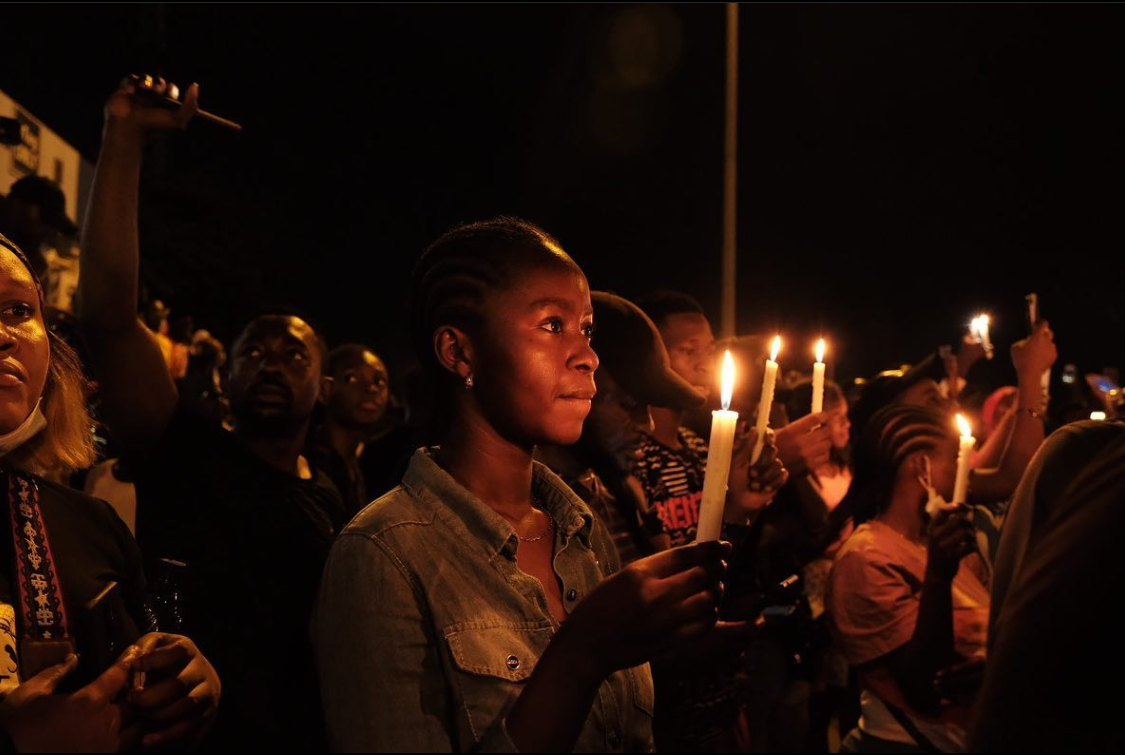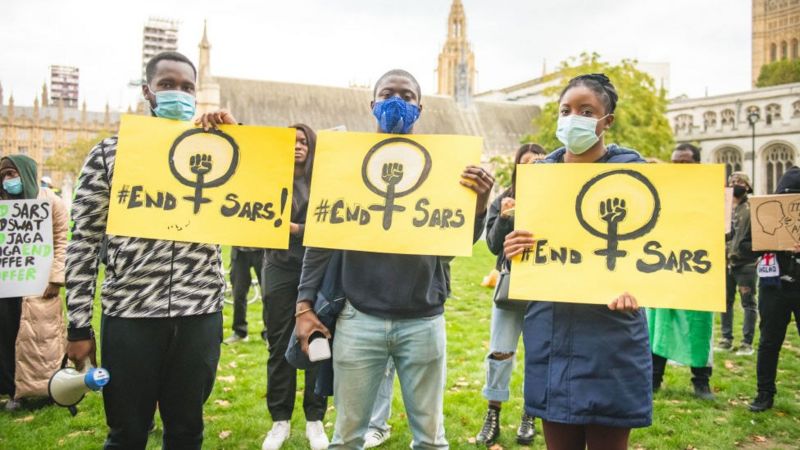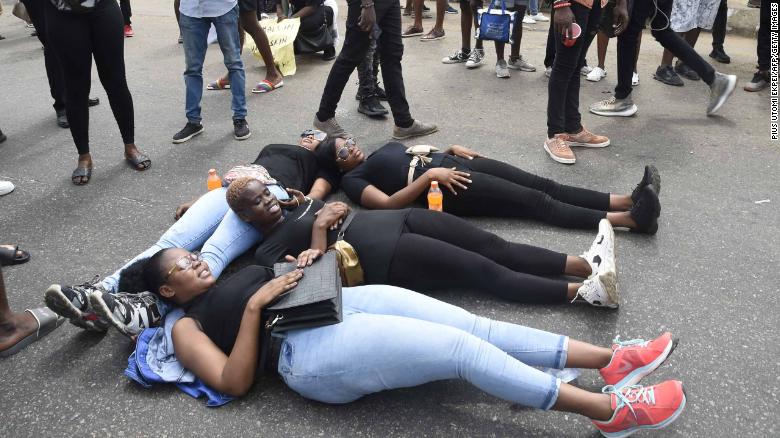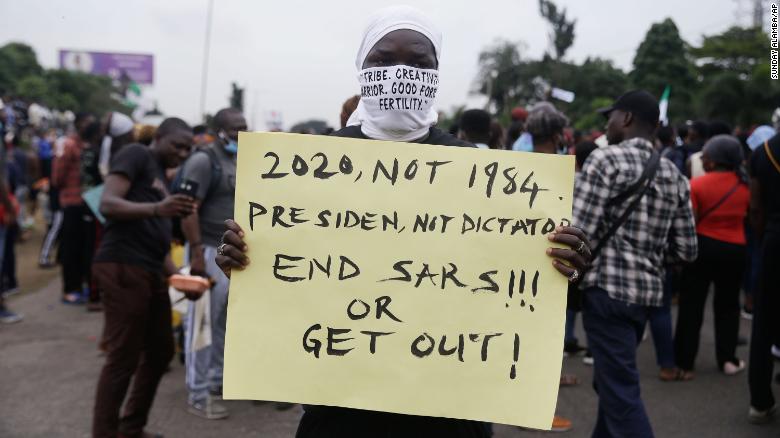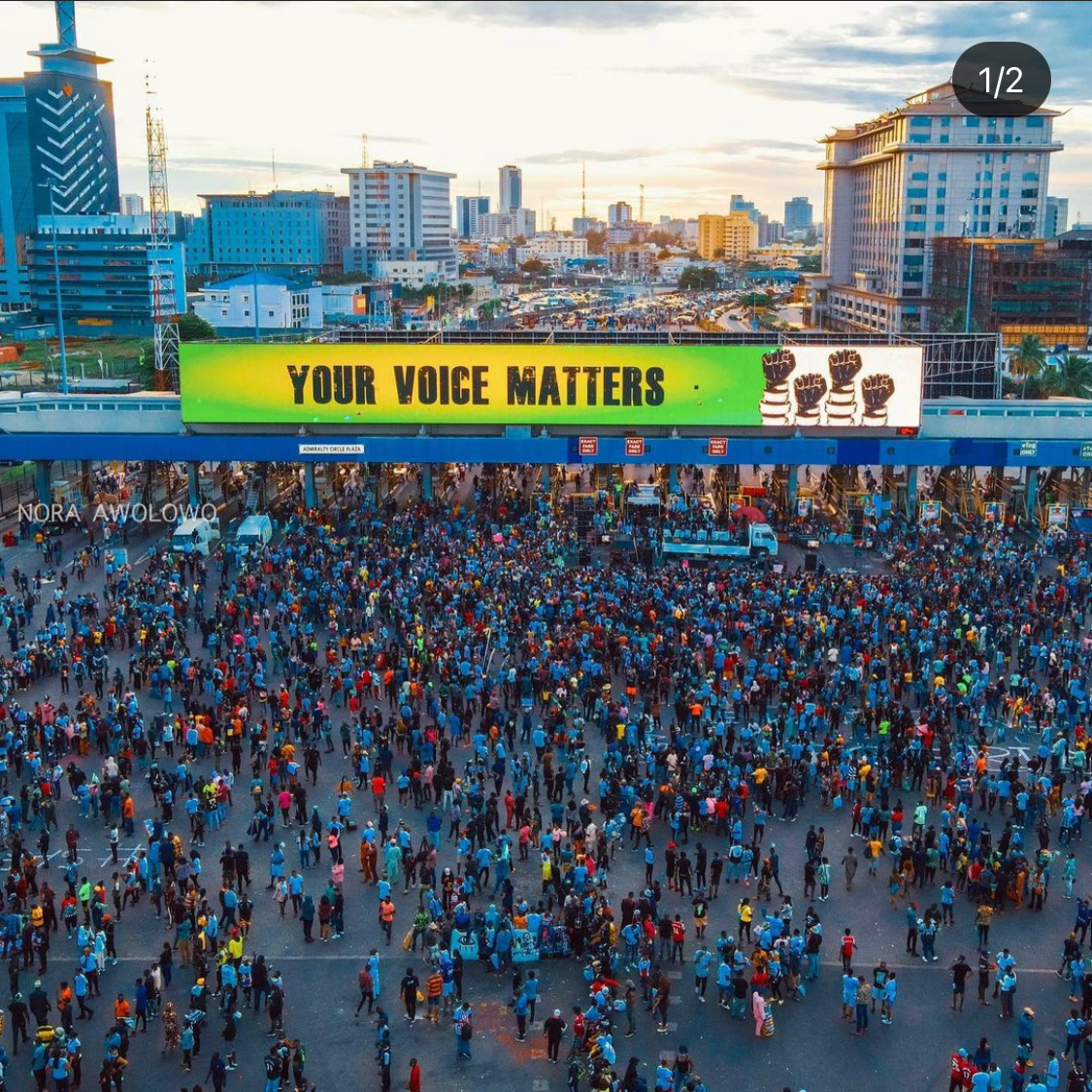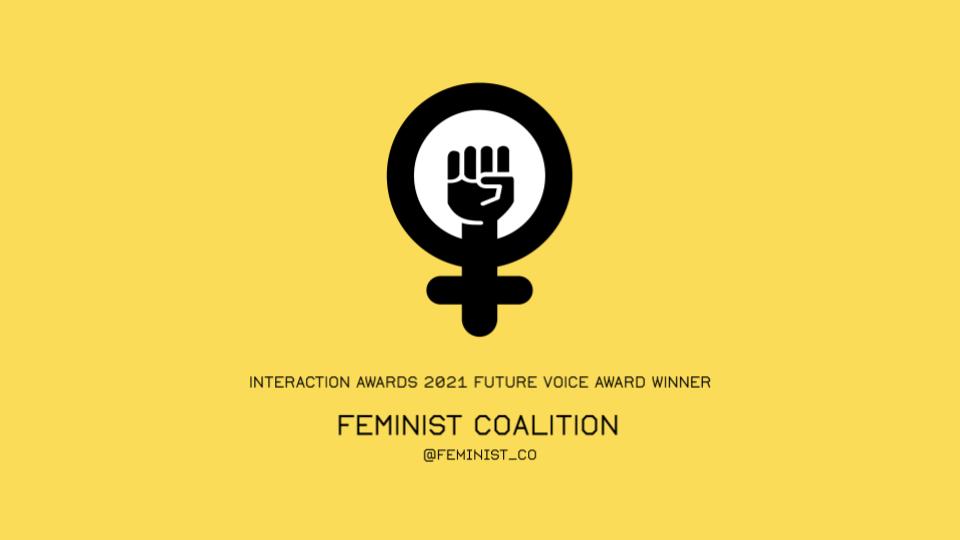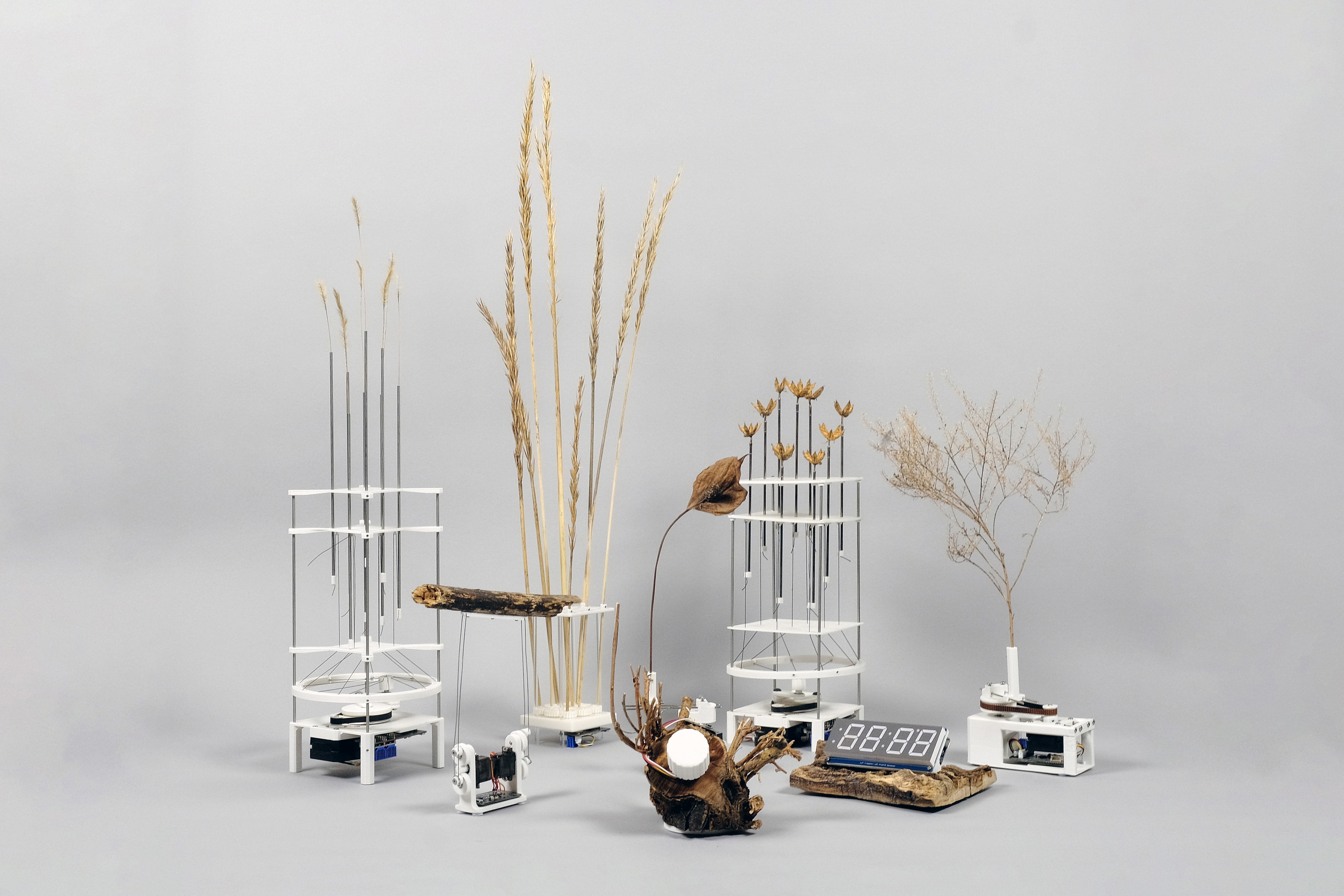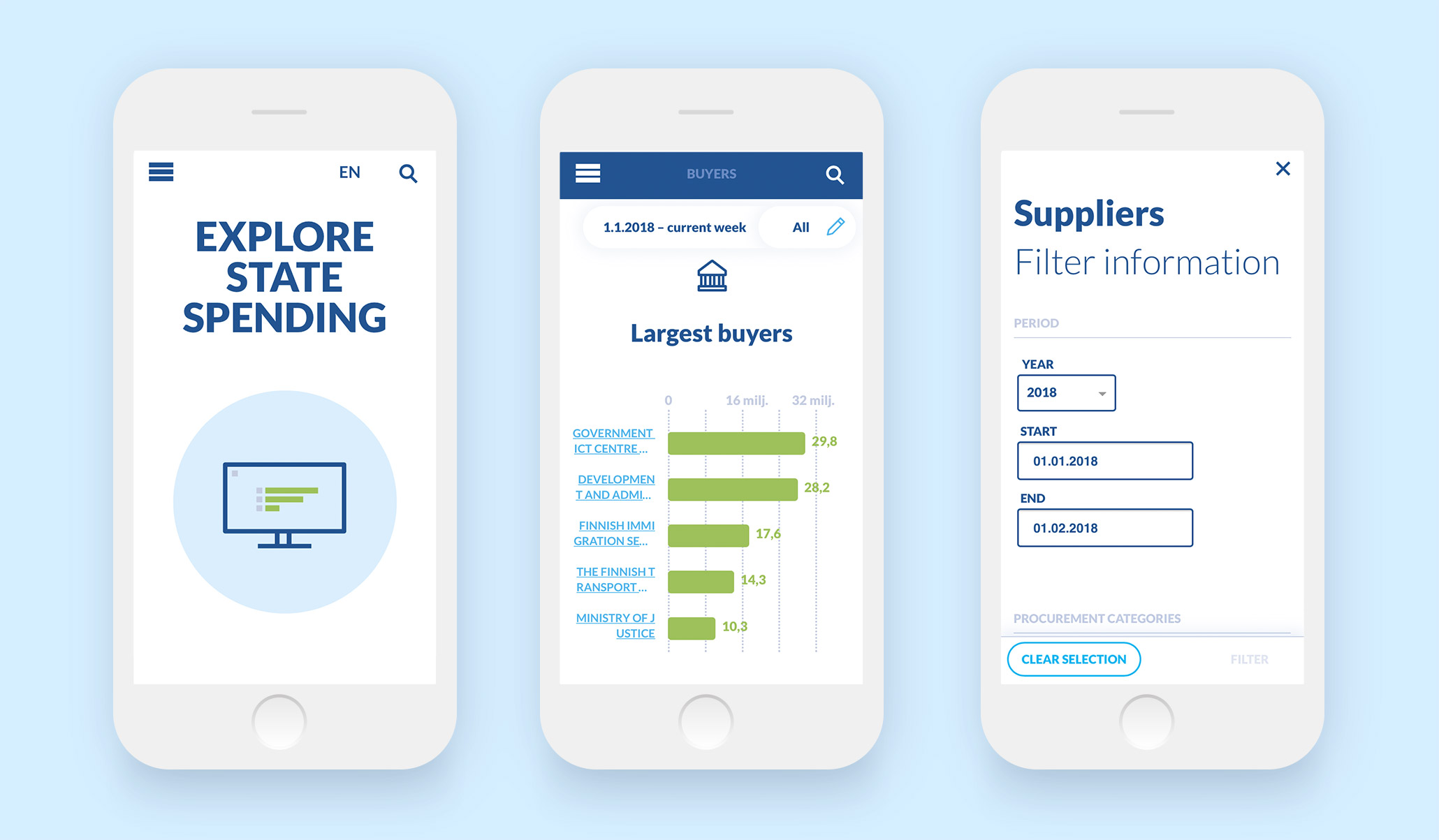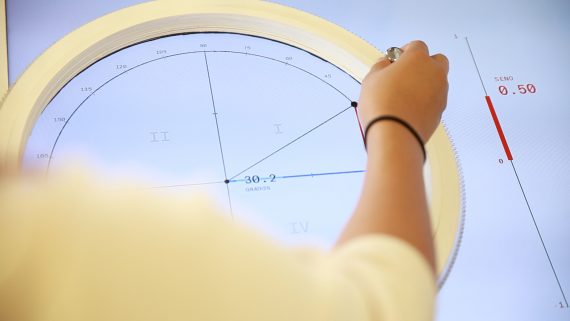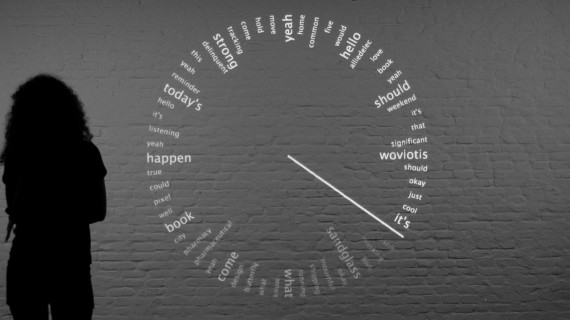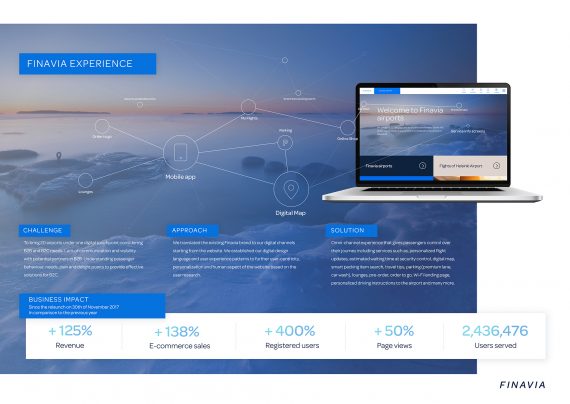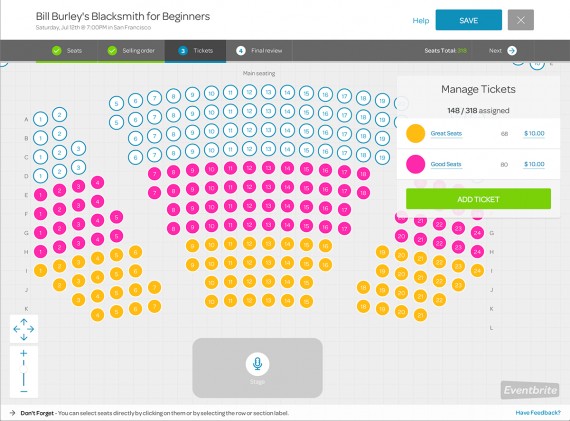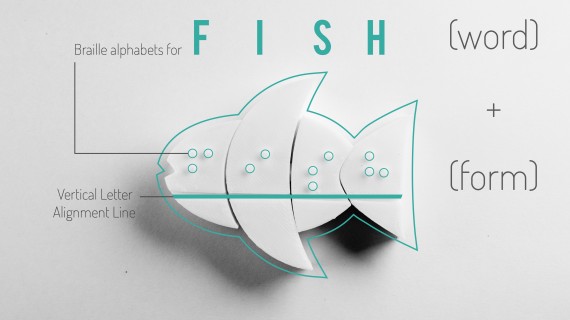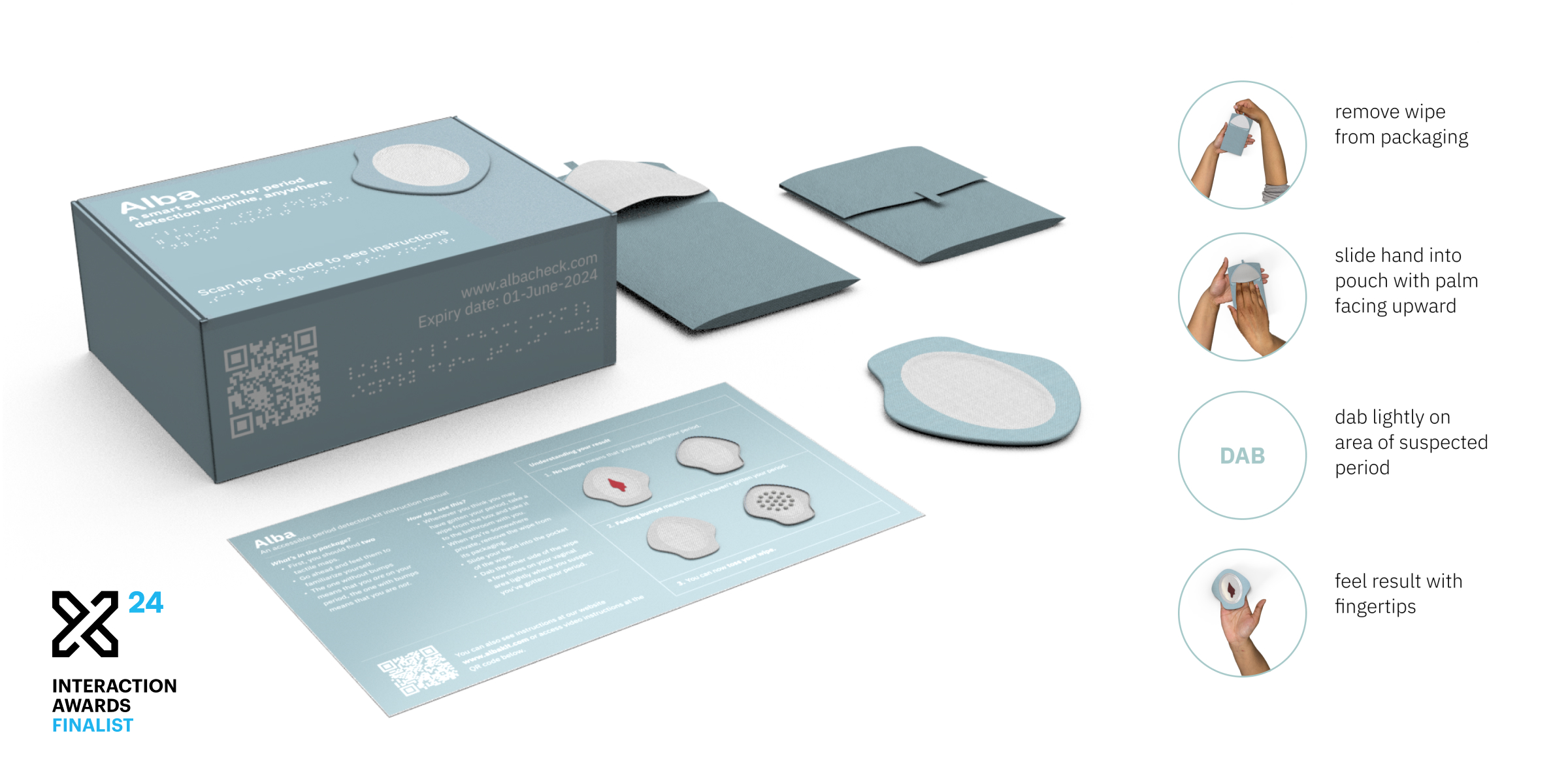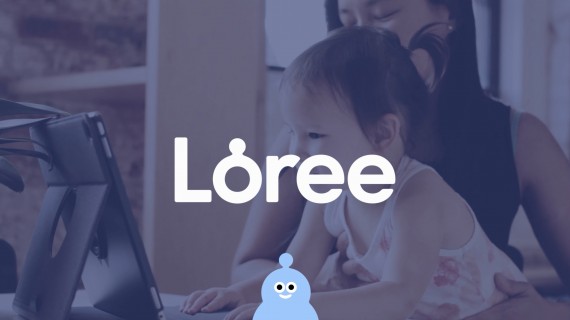Feminist Coalition
Team
Company | Institution
Category
Type
Project description
Jury Chair May-Li Khoe nominated the Feminist Coalition to honor their mission to champion equality for women in Nigerian society with a core focus on education, financial freedom and representation in public office, and to recognize how the Coalition was able to create a financially-transparent food, water, medical, security, and legal aid services system in a record-breaking amount of time under extreme conditions of duress.
The Feminist Coalition, “FemCo” for short, is a group of 13 young Nigerian feminists formed in July 2020. Their mission – heightened by the rise in violence against women during the pandemic – is to champion equality for women in Nigerian society with a core focus on education, financial freedom and representation in public office. Many of the coalition founding members already ran NGOs and women-focused communities the time they formed FemCo. But had no idea they’d wind up having such massive impact in such a short time.
For some background, the #EndSARS movement in Nigeria has existed for several years. It calls for the dissolution of SARS, which stands for “Special Anti-Robbery Squad” – which is a notoriously abusive and corrupt arm of the police force.
After two unarmed people were killed last fall by SARS, the #EndSARS movement gained momentum. Feminist Coalition decided this would be their first official project together. They decided they would mobilize to support the safety and well-being of peaceful Nigerians exercising their constitutional rights by raising funds, providing food, water, masks (for COVID19 safety), medical assistance, security help, and legal aid. To be clear: all of these women have jobs, many of them are founders and entrepreneurs and mothers. Everything you’re about to hear are things they did on top of that.
During the span of a single one-hour phone call, the women split up the work and had a plan on what to do next. They made swift use of their different areas of expertise, including community organising, activism, tech, media, public health, fintech, law, gender advocacy, and more, to set up efforts and coordinate with a wide network of other people who wanted to pitch in help. The logo was created in record time, the social media and accounts were set up, and they hit the ground running to Get Things Done.
And did they ever. These women are at the top of their game. In two weeks, they raised $388,000 to support protests in cities across the country. They mobilized 600 lawyers to provide legal aid to the hundreds arrested. They coordinated with a wide network of people with goodwill to provide food and water and masks at protests. When their bank accounts started to be mysteriously shut down, they used their expertise in crypto to continue accepting donations. Every day, they published donation amounts and spending details with full financial transparency. They became one of the lifelines of the movement.
It’s important to also point out that a lot of what they did went very against the grain. They received threats to their safety and were targeted by misinformation and defamation as a result of this work. They showed so much courage that we wish they hadn’t needed to. Importantly, they changed the national perspective on feminism. The word “feminist” before had only been used negatively in mainstream press. Suddenly, men all over the country were wearing the FemCo logo. They worked across class and social group boundaries, and showed what reliable public services could look like in Nigeria. Their work helped a generation visualize what the future of a New Nigeria could look like.
Today, while balancing their other responsibilities, the Feminist Coalition continues to work across Nigeria. Over the holidays, they helped combat the effects of food inflation by distributing food to low-income women in collaboration with other existing women-led organizations including Pearls Africa and JAKIN N.G.O.
FemCo’s vision for Nigeria is that equality for all people is a reality both in laws and in everyday lives. Their work demonstrates the power of the collective, the power of community-based service design, and the immense potential of multicultural feminist leadership. In doing what they did, they shifted the collective imagination – the collective belief – of what is possible for the future of their country. We hope that in highlighting them, we help draw attention to this power and inspire people all over the world.
Above all, the Interaction Awards wanted to recognize how the Coalition's work demonstrated the power of the collective, showed the immense potential in feminist women’s leadership, and changed the public’s imagination of what is possible for the future of Nigeria.
The Feminist Coalition, “FemCo” for short, is a group of 13 young Nigerian feminists formed in July 2020. Their mission – heightened by the rise in violence against women during the pandemic – is to champion equality for women in Nigerian society with a core focus on education, financial freedom and representation in public office. Many of the coalition founding members already ran NGOs and women-focused communities the time they formed FemCo. But had no idea they’d wind up having such massive impact in such a short time.
For some background, the #EndSARS movement in Nigeria has existed for several years. It calls for the dissolution of SARS, which stands for “Special Anti-Robbery Squad” – which is a notoriously abusive and corrupt arm of the police force.
After two unarmed people were killed last fall by SARS, the #EndSARS movement gained momentum. Feminist Coalition decided this would be their first official project together. They decided they would mobilize to support the safety and well-being of peaceful Nigerians exercising their constitutional rights by raising funds, providing food, water, masks (for COVID19 safety), medical assistance, security help, and legal aid. To be clear: all of these women have jobs, many of them are founders and entrepreneurs and mothers. Everything you’re about to hear are things they did on top of that.
During the span of a single one-hour phone call, the women split up the work and had a plan on what to do next. They made swift use of their different areas of expertise, including community organising, activism, tech, media, public health, fintech, law, gender advocacy, and more, to set up efforts and coordinate with a wide network of other people who wanted to pitch in help. The logo was created in record time, the social media and accounts were set up, and they hit the ground running to Get Things Done.
And did they ever. These women are at the top of their game. In two weeks, they raised $388,000 to support protests in cities across the country. They mobilized 600 lawyers to provide legal aid to the hundreds arrested. They coordinated with a wide network of people with goodwill to provide food and water and masks at protests. When their bank accounts started to be mysteriously shut down, they used their expertise in crypto to continue accepting donations. Every day, they published donation amounts and spending details with full financial transparency. They became one of the lifelines of the movement.
It’s important to also point out that a lot of what they did went very against the grain. They received threats to their safety and were targeted by misinformation and defamation as a result of this work. They showed so much courage that we wish they hadn’t needed to. Importantly, they changed the national perspective on feminism. The word “feminist” before had only been used negatively in mainstream press. Suddenly, men all over the country were wearing the FemCo logo. They worked across class and social group boundaries, and showed what reliable public services could look like in Nigeria. Their work helped a generation visualize what the future of a New Nigeria could look like.
Today, while balancing their other responsibilities, the Feminist Coalition continues to work across Nigeria. Over the holidays, they helped combat the effects of food inflation by distributing food to low-income women in collaboration with other existing women-led organizations including Pearls Africa and JAKIN N.G.O.
FemCo’s vision for Nigeria is that equality for all people is a reality both in laws and in everyday lives. Their work demonstrates the power of the collective, the power of community-based service design, and the immense potential of multicultural feminist leadership. In doing what they did, they shifted the collective imagination – the collective belief – of what is possible for the future of their country. We hope that in highlighting them, we help draw attention to this power and inspire people all over the world.
Above all, the Interaction Awards wanted to recognize how the Coalition's work demonstrated the power of the collective, showed the immense potential in feminist women’s leadership, and changed the public’s imagination of what is possible for the future of Nigeria.

